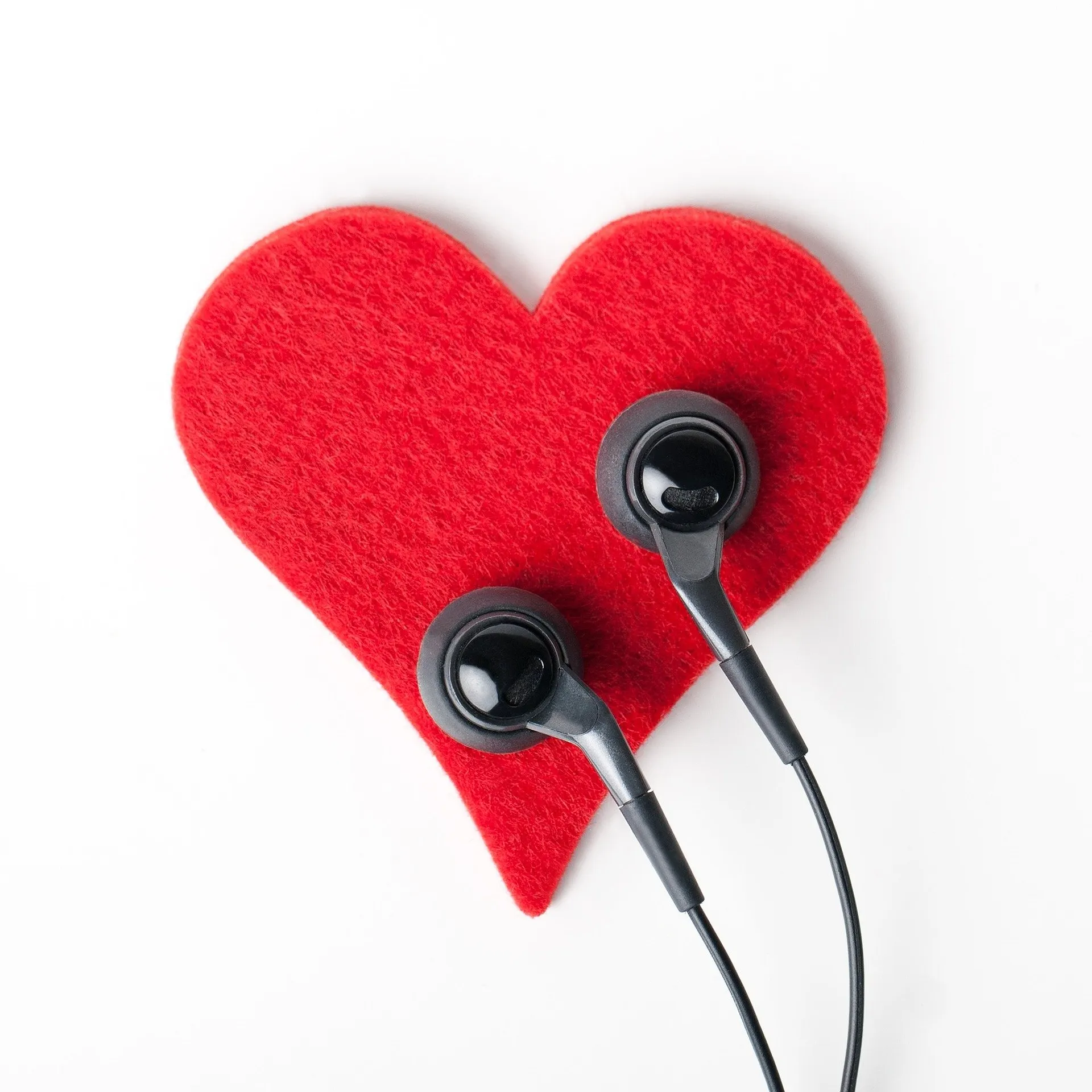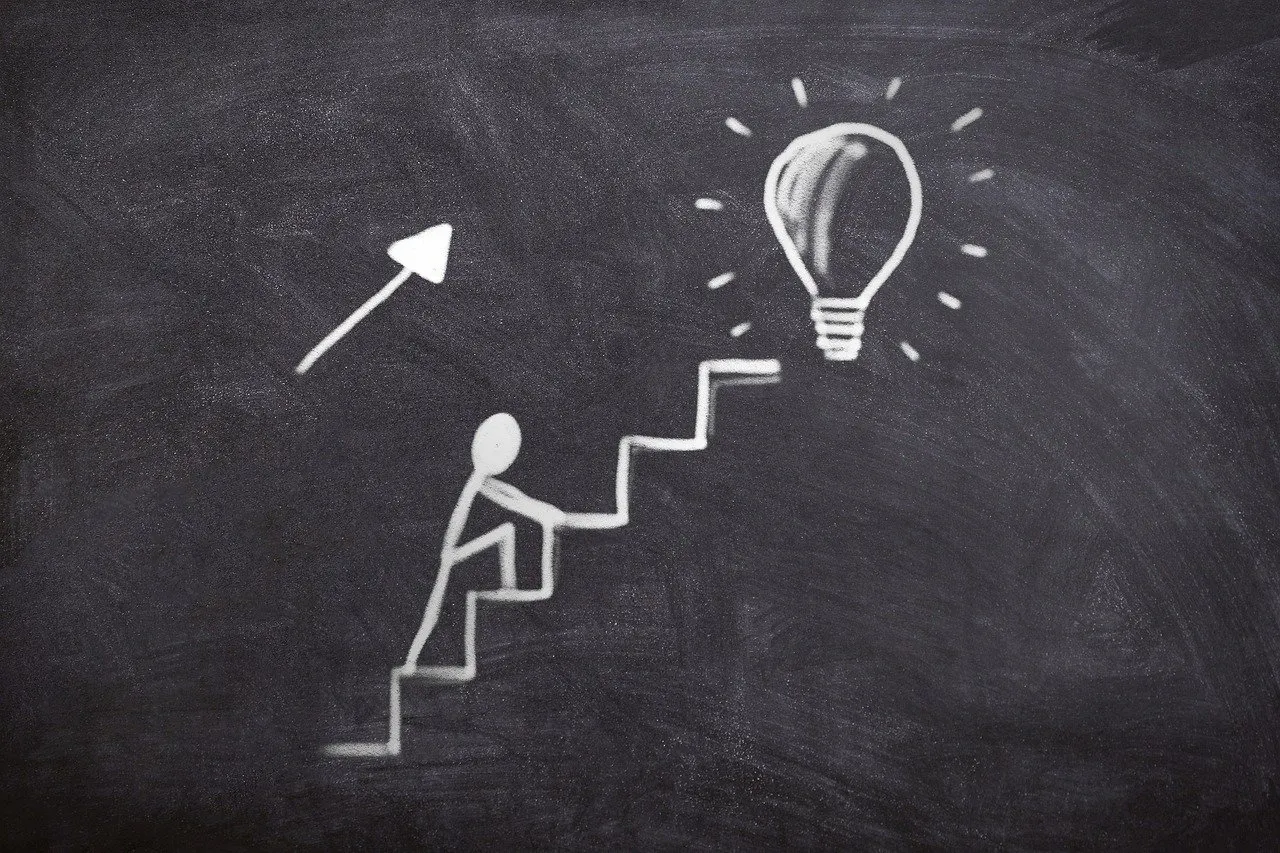What Are Some Steps I Can Take To Heal From Chronic Fatigue Syndrome?
In this post 'Chronic Fatigue Syndrome: What Are Some Steps I Can Take To Manage CFS?' Coach, Trainer and former sufferer of ME/CFS and fibromyalgia Simon Pimenta explores steps to support healing from ME/CFS, chronic fatigue syndrome (CFS), fibromyalgia, long covid and related conditions.
This question was asked by someone on Q&A website, Quora.
Just to be clear, my goal is to help people explore what may support recovery from me/cfs, fibromyalgia, long covid and related conditions, rather than just manage the condition!
Of course, I can't make promises - that would be unethical, but I hope to share information that gives people insights into what may help them move forward.
Understanding Stress And How It Hinders Recovery From ME/CFS
It is important to understand that, according to research, stress, including all the small stressors we experience, makes it more likely that we get diseases that make us sick.
Stress also hinders recovery.
Over-activation of the sympathetic nervous system (SNS), known as autonomic dysfunction or dysautonomia, is well documented.1,2
One review of review of 196 articles found that 65% described sympathetic nervous system (SN) predominance in these overlapping syndromes, and the authors proposed that there may be value in “exploring the use of non-pharmacological measures as well as drug therapies aimed to regain autonomic balance.” 3
So identifying and addressing stressors that keep your body out of the healing state is important.
There are three types of stress:
- Acute physical stress, for example, being exposed to a virus
- Chronic physical stress, for example, having an ongoing health challenge like ME/CFS
- Psychological stress
Consider which types of stresses you experience.
When I had ME/CFS and fibromyalgia I was stressed a lot.
At the time, I didn't realise how stressed I was, and it is only with the benefit of hindsight I can see how this was hindering my recovery.
ME/CFS & Long Covid: Top Tips
Here are a few tips:
1. Ensure Rest Is Restful
When you are resting, it is proper rest!
Lying in bed stressing is not rest.
This video explores what rest is and isn't
2. Establish Your Baseline
What can you do without overdoing it?
If you overdo it, it takes more resources to create a unit of energy than if you keep some energy in the energy bank.
3. Calm Your Mind And Body
Identify some practices to help calm your mind and body.
This puts the body in a healing state and helps the body create and store energy.
When the body is in stress, we use up energy and don't replace it.
The result - energy overdraft!
If you would like the free TIME OUT relaxation technique, click here
4. Learn To Listen To Your Body
Constantly pushing through and crashing will slow recovery.
Pausing, tuning in and taking appropriate action will support your body's healing.
5. Dial In Your Nutrition
Obviously, don't be rigid about what you eat.
If you fancy some 'junk' food, have it.
If you live on it, consider making some gradual changes, for example:
i. Cut out/reduce refined sugar in your diet
Refined sugar has no nutritional value and is a poor source of fuel, causing inflammation in the body, resulting in fatigue, pain and other issues.
ii. Cut out/reduce processed foods in your diet
For example: white bread, chips, sausages, crisps, cake, biscuits.
iii. Eat the colour of the rainbow
Aim to eat a wide range of seasonal vegetables of different colours and fruits low in sugar, such as berries.
A simple diet, unprocessed foods, protein, plenty of veg and low sugar fruits may support healing.
6. Dial In Your Sleep
i. Good Sleep Hygiene Begins When We Awake
f we spend the day in a state of stress, this will affect the quality of our sleep.
ii. Eat 2- 4 Hours Before Bedtime - If You Can
Going to bed on a full stomach inhibits good quality sleep.
If you have to eat as digestive system isn’t working well, then that is the priority.
When I had ME/CFS, this was the case.
iii. Have a Regular Bedtime
Many sleep researchers say that it is good to go to bed and get up at the same time, even at weekends.
iv. Light Mornings, Dark Nights
Getting daylight on our skin when you wake up helps strengthen the circadian rhythm and improves sleep quality.
Lowering the intensity of light at night encourages the release of melatonin, which encourages sleep.
v. Switch Off
At least 1.5 hours before bed, switch off your devices, TV, etc. Exposure to blue light inhibits good quality sleep.
This video Unlocking Deep Sleep: The Science of Better Sleep takes a deep dive into what can you improve your sleep.
7. Movement
i. Relax First
Get as relaxed as possible before doing any physical activity.
ii. Use Visualisation
If your ability to do physical activity is limited, visualise yourself doing physical activity and doing the activity in a relaxed way.
Research shows that visualisation strengthens muscles!
iii. Stretching, Strengthening, Stimulating
There are 3 types of exercise, as stated above.
Do whatever types you can manage.
If exercise that stimulates results is a relapse, avoid that type for now.
iv. Do What You Can
It is better to do a small amount at first and then do a bit more later, if it feels appropriate, rather than trying and do it all in one go.
There is research that supports this approach.
Dr Sarah Myhill advocates using no more than 80% of available energy.
Closing Thoughts
Some people do make a complete recovery!
Check out recovery stories from clients on my YouTube Channel, MECFS Explored
Consider that many of these people who recovered say that they took action to identify stressors, reduce stress and created habits that supported their recovery.
What is one action step you could take today?
It is better to take a small step, than not take any action.
Want More Help?
I could go into much greater detail about strategies to identify your personal stressors, but I have created a free training to help you do that.
If you would like this free training, get in touch - contact details below.
Put the word AUDIT in the message and I will send you the training.
Contact Me
If you have any questions, or would like to access the free resource mentioned above, you can contact me here
References
1 Newton, J. L., et al. "Symptoms of autonomic dysfunction in chronic fatigue syndrome." Qjm 100.8 (2007): 519-526.
2 Naschitz, Jochanan E., Daniel Yeshurun, and Itzhak Rosner. "Dysautonomia in chronic fatigue syndrome: facts, hypotheses, implications." Medical hypotheses 62.2 (2004): 203-206.
3 Martínez-Martínez, Laura-Aline, et al. "Sympathetic nervous system dysfunction in fibromyalgia, chronic fatigue syndrome, irritable bowel syndrome, and interstitial cystitis: a review of case-control studies."
Journal of Clinical Rheumatology
20.3 (2014): 146-150.
SIMON PIMENTA is a hypnotherapist, coach and trainer working with people to boost resilience and performance, and minimise stress.
After working in a demanding job as the Director of a Housing Trust, he went off sick and remained unable to work for the next 8 years.
He discovered a pioneering approach to resolving health issues and got back his health, and now trains others using these same techniques.





